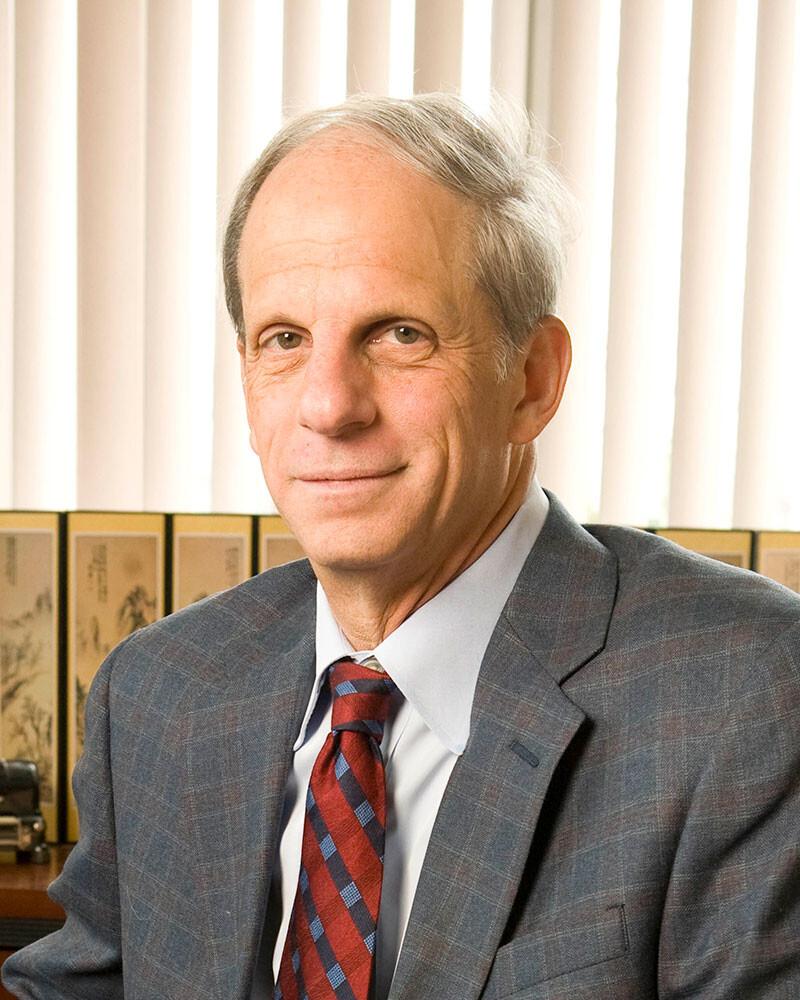Responsive Democracy and Administrative Agencies
Event Description
The defining feature of modern democracy (in contrast to democracy in Ancient Greece, which it does not resemble) is that it establishes a government that responds to the needs and desires of the populace. It uses two mechanisms to achieve this goal, both of which are historical developments that rose to dominance in Britain at the end of the eighteenth century. The first is representation, where government policy is made by elected representatives. The second is administration, where policy is implemented by specialized agencies staffed by full time, credentialed officials. In a modern, technological society, it is impossible for a government to respond to the needs and desires of the people without such agencies. They are thus a central and essential component of modern democracy.
Edward Rubin of Vanderbilt University will discuss this paper’s role of the agency. It begins by describing two agencies, the first, a historical predecessor of modern agencies, and the second a characteristic example in the modern world. The predecessor agency, which developed in medieval England, is the common law. The current agency is the National Highway Traffic and Safety Administration (NHTSA), which displaced common law in the area of automobile safety in response to the technological realities of modern society.
The paper continues by discussing the most important feature of administrative agencies, which is expertise. This is generally regarded as a way to achieve desirable results, but that function, while important, is secondary to its main function, which is to enable government to participate in the discursive practice of modern society in each area where it implements democracy responsive purposes.
The last sections of the paper discuss two aspects of the relationship between representation and administration: first, the way that agencies are controlled by the policy making components of government so that they remain responsive to the people; and second, the way that they exercise limited control over policy making and the possibilities for expanding such control.
Speaker Bio
Edward L. Rubin is University Distinguished Professor of Law and Political Science at Vanderbilt University, where he also served as dean of the law school and promoted significant innovations in the curriculum. He previously taught at the University of Pennsylvania and the University of California, Berkeley. A specialist in administrative law, constitutional law and legal theory, Rubin is a productive and erudite scholar whose work integrates legal history and theory. He has written or edited nearly a dozen books, including a novel, and has published scores of articles in leading law reviews and many book chapters. Rubin is a graduate of Princeton University and Yale Law School. Before attending law school, he was a curriculum planner for the New York City Board of Education for six years. After law school, he clerked for Judge Jon O. Newman of the U.S. Court of Appeals for the Second Circuit and practiced with a major New York-based law firm.
Click here for CLE Reading Materials.
Event Location
Moot Courtroom A59
George Gund Hall - School of Law
11075 East Blvd
Cleveland, OH 44106


